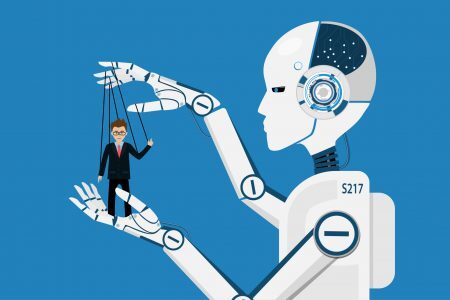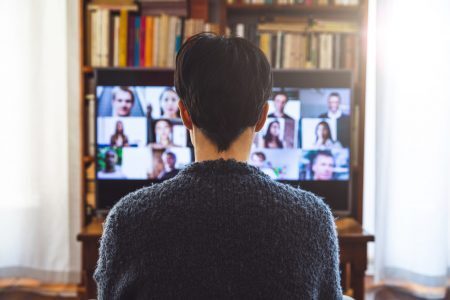In day-to-day life, you probably haven’t had someone yell at you, “Get back in the kitchen and make me a…
Browsing: The Conversation
There has been a clash of clans in mobile gaming, with angry birds Apple, Google and Epic Games in a…
“I’m sorry, Dave. I’m afraid I can’t do that.” HAL’s cold, if polite, refusal to open the pod bay doors…
We know Instagram is the most influential app when it comes to lifestyle and beauty trends. But recent research shows increasing numbers of people…
Individualistic western societies are built on the idea that no one knows our thoughts, desires or joys better than we…
The video-sharing app TikTok is a hot political potato amid concerns over who has access to users’ personal data. The United States has moved…
The difficulty many people have getting tested for SARS-CoV-2 and delays in receiving test results make early warning of possible…
COVID-19 has altered nearly every aspect of American life, including the workplace. For millions of Americans, the kitchen or the living room…
In a synthetic chemistry lab, we have worked out how to convert the red pigment in common bricks into a…
In response to COVID-19, almost every university has scrambled to move its teaching online. To do this, academics have been…










